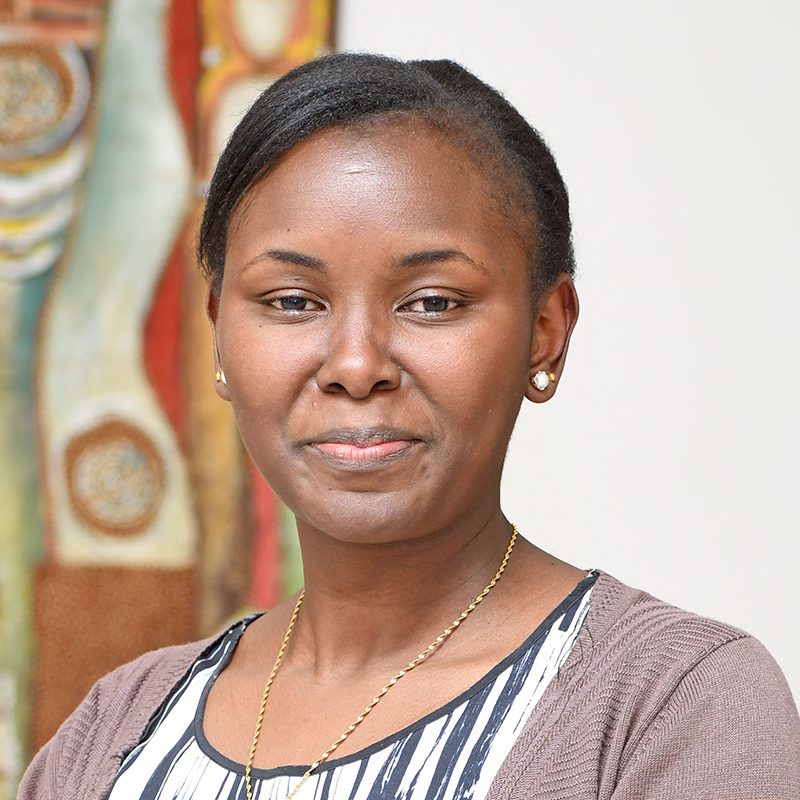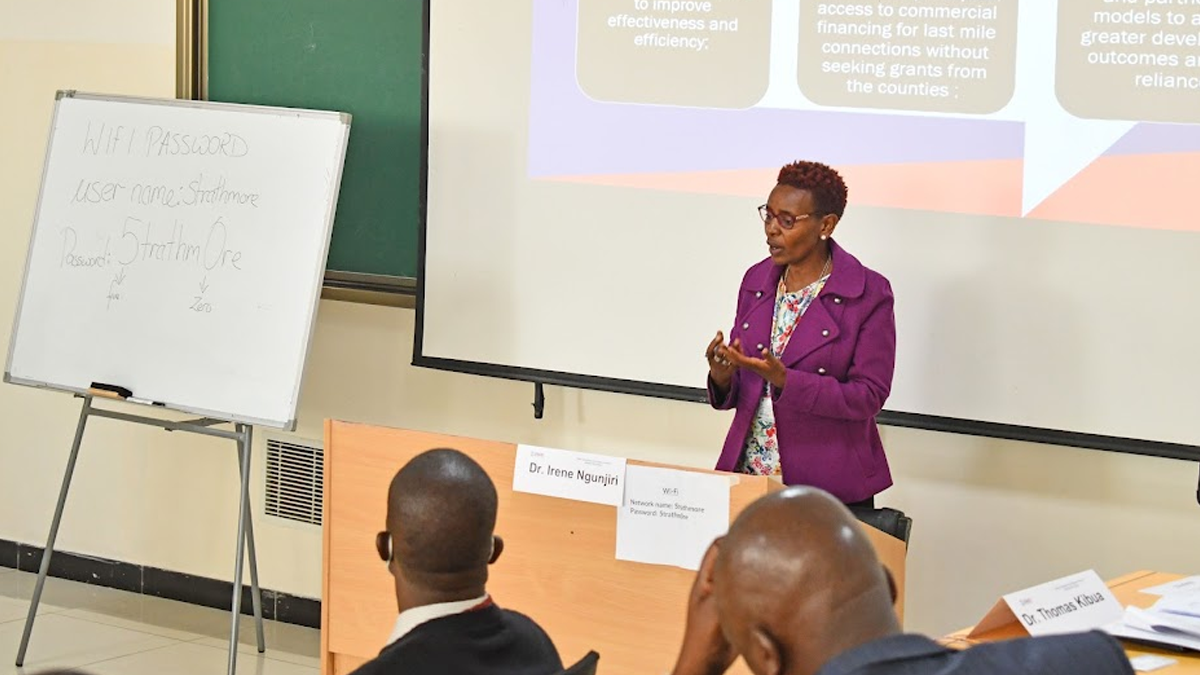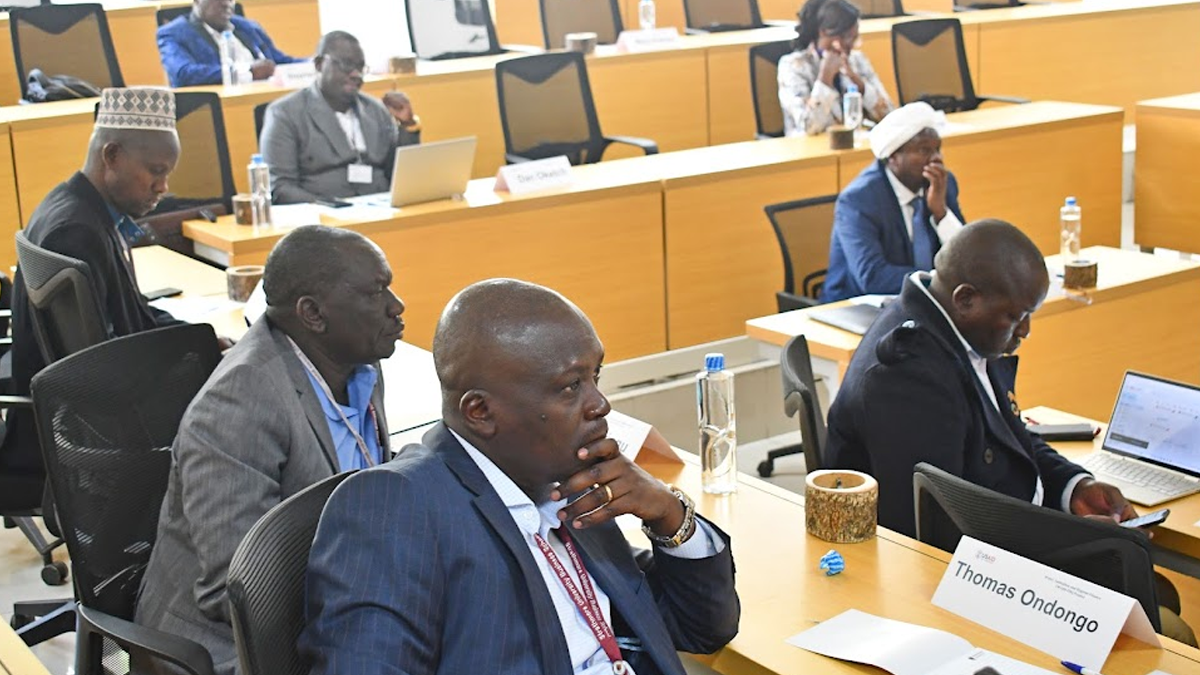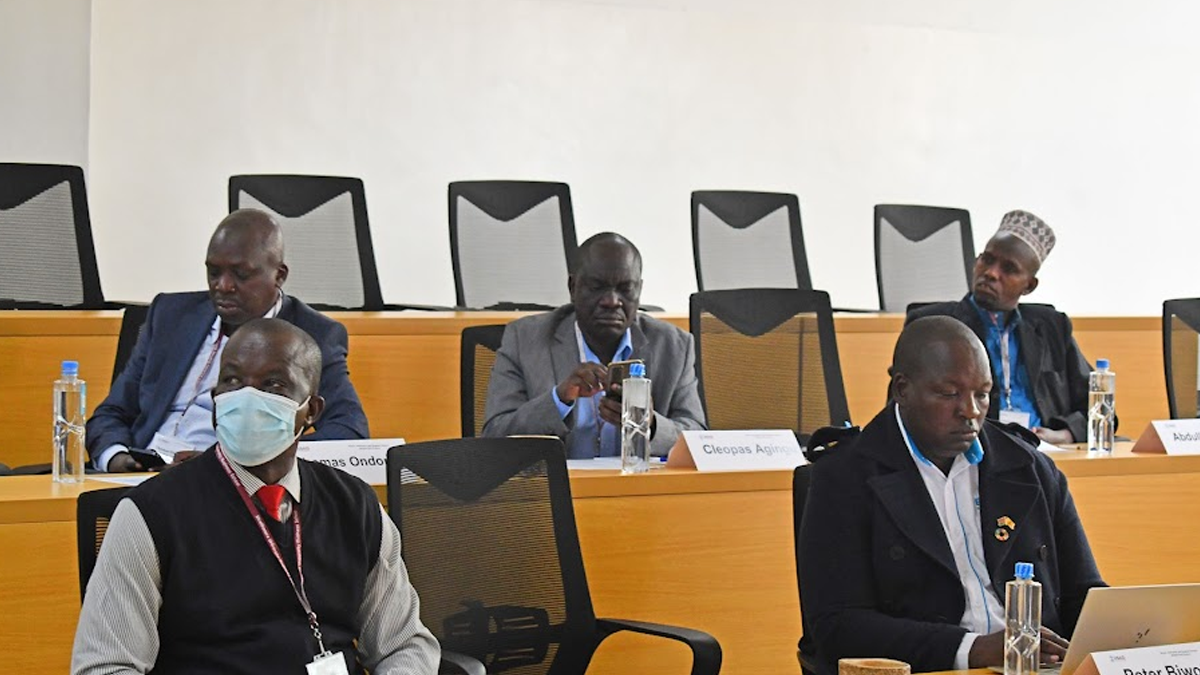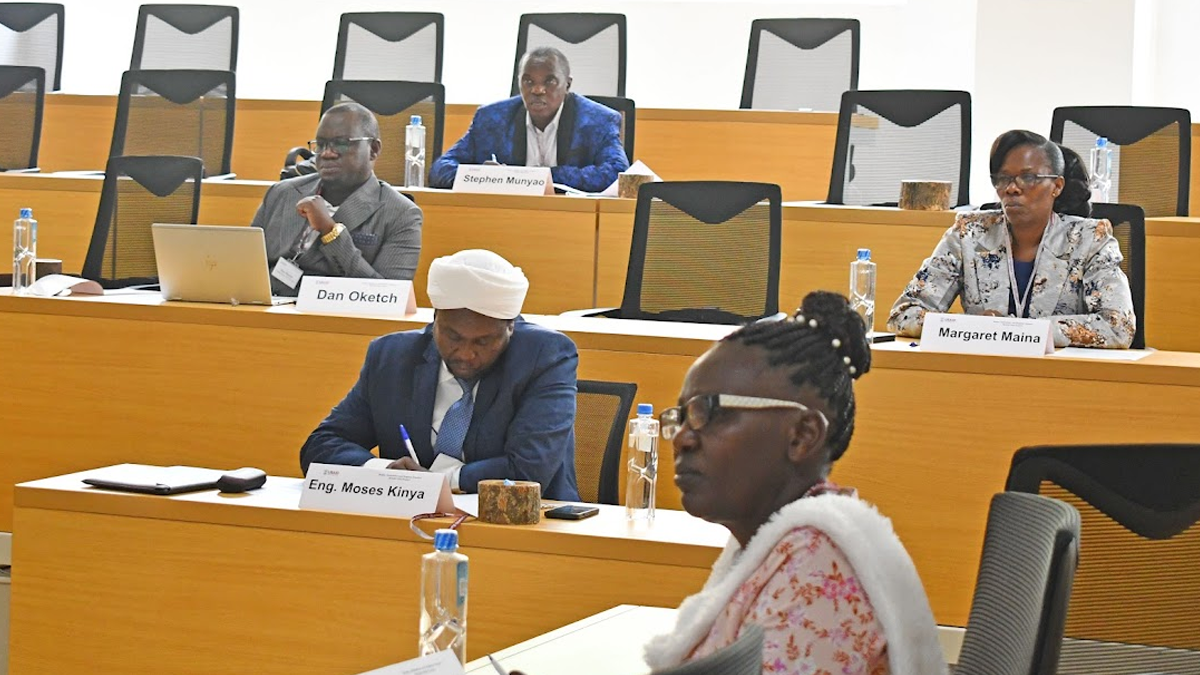Leveraging Finance in the Kenya Water Sanitation and Hygiene (WASH) Sector
On Tuesday, 15th November 2022 the Strathmore University Water Governance and Innovation Hub in conjunction with the USAID’s Water, Sanitation and Hygiene Finance (WASH-FIN) Kenya program conducted a pilot study to investigate the impact of incentives on the ability to leverage financing in the WASH sector in Kenya. The research investigates incentives and disincentives that determine the success or otherwise of utility managers regarding financial mobilization and utilization.
In attendance were 13 Managing Directors of Water Services Providers (WSPs) from various parts of the country who participated in the focus group discussion as well as the filling in of the questionnaires. The research is fully funded by the USAID’s Water, Sanitation and Hygiene Finance (WASH-FIN).
The USAID’s Water, Sanitation and Hygiene Finance (WASH-FIN) Kenya program, works to support closing the financing gap between the currently available government budget and the total investment needed to reach universal water and sanitation access by 2030. The program operates in urban areas with creditworthy and/or efficiently managed Water Service Providers (WSPs) that have responsibility for both water supply and sanitation. By partnering with national and county governments, development partners, local financial institutions, and other stakeholders, the program supports public and private water and sanitation service providers in accessing additional capital for sustainable, climate-resilient water and sanitation infrastructure. By exploring new sources of finance, the program complements and leverages funding from traditional sources such as taxes, transfers, and tariffs, and supports the WASH sector in Kenya on its journey to self-reliance.
WASH-FIN is cognizant of the fact that clean water, safely managed sanitation and good hygiene are essential for the survival and development of human beings for achieving the Sustainable Development agenda. However, the provision of water and sanitation services is hindered by inadequate funding and poor governance.
Experience from WASH-FIN work in various countries indicates that “financial resources are normally available from both public and private sector actors, the ability of the WASH sector to tap into these resources is impacted by how incentives and constraints shape the willingness and ability of national or local elites to act in pursuit of development goals.”
Misaligned incentives are either derailing efforts to effectively leverage all available sources of funding/financing or becoming a constraint to more efficient utilization of limited funding. Such misalignment may be logically attributable to the manager of water utilities. Therefore, the behaviour of the managers probably plays a key role in a WSP’s success to mobilise needed financial resources to achieve increased access to water and sanitation services. Further, WASH-FIN reports reveal that even where financial resources exist from both public and private sector sources, the ability to tap into the resources is shaped by some yet to be validated incentives and disincentives that lead to the willingness and ability of national and local WASH managers to act in pursuit of the required resources to achieve WASH development goals.
It is hoped that the research will generate a robust analytical framework that will be replicated in other countries to examine the role of incentives in accessing finance in the WASH sector.
About the Water Governance and Innovation Hub
The Water Governance and Innovation Hub is domiciled at the Strathmore University Business School. It aims to transform the Kenya water sector through water governance research, capacity building and consultancy. The Hub is the first co-creation of its kind in the Kenya water sector as a vehicle to enhance the gains already made towards universal access to water services.
The objectives of the Hub are aligned to the Sustainable Development Goals (SDGs) 5 and 6 which seek to make basic water and sanitation available to all by 2030 and gender equality and women and girls’ empowerment respectively. This is because women and girls – particularly those living below the poverty line – are disproportionately affected by the lack of water and sanitation services.
By Juliet Hinga
Would you like to share an article? Write to us at sbscommunication@strathmore.edu
Share This Story, Choose Your Platform!
Your journey to business excellence starts here. Subscribe today and be at the forefront of innovation and leadership.

